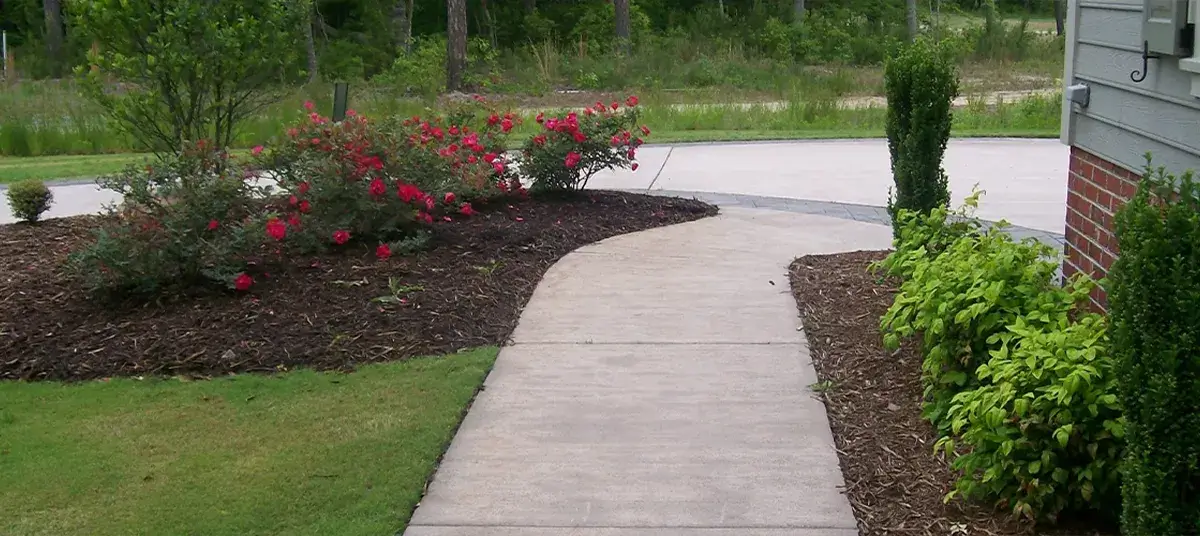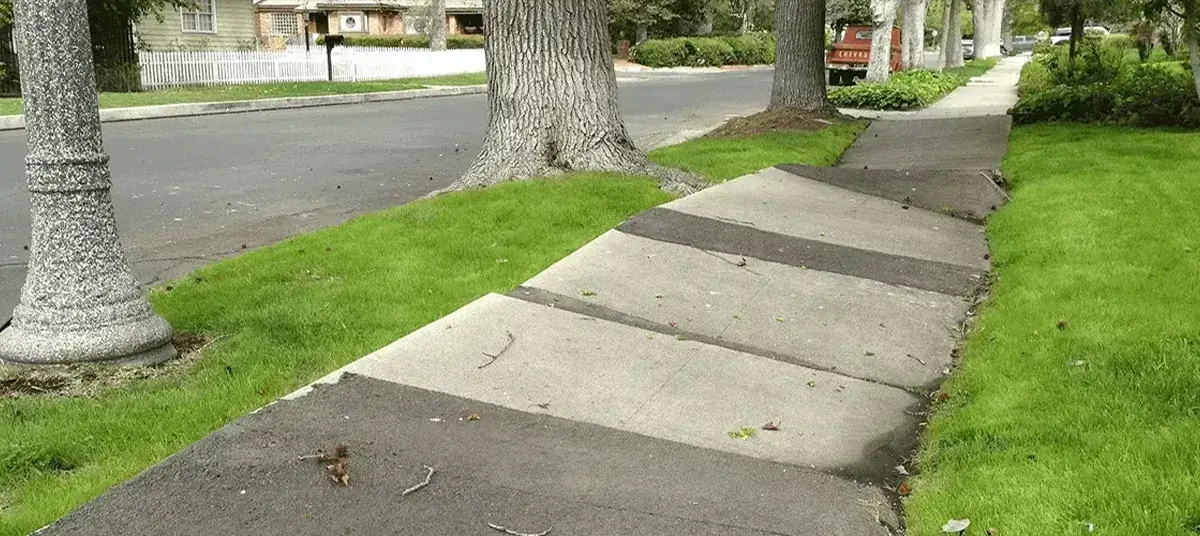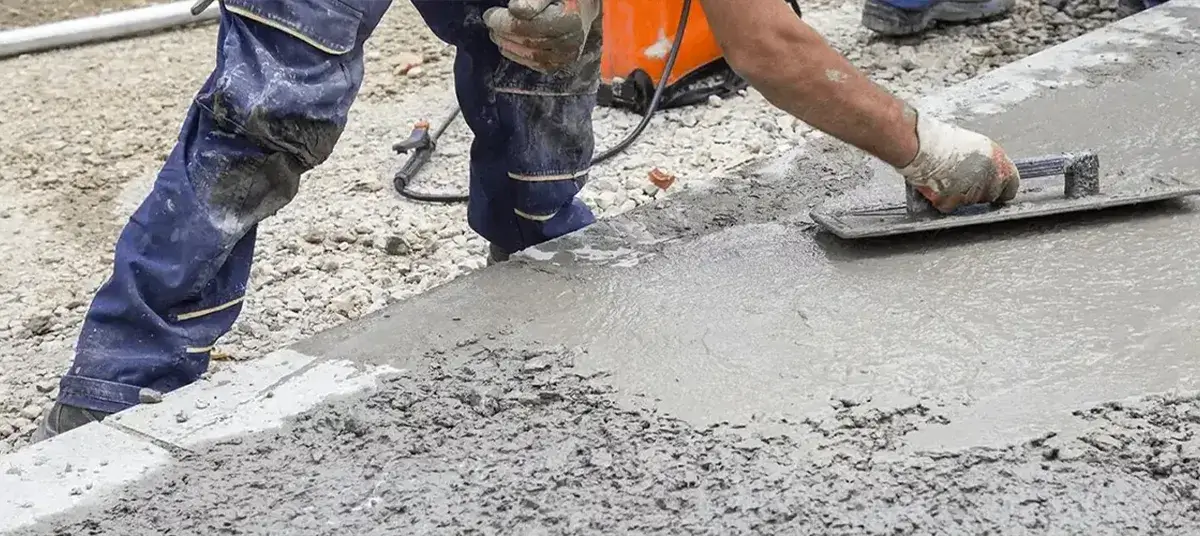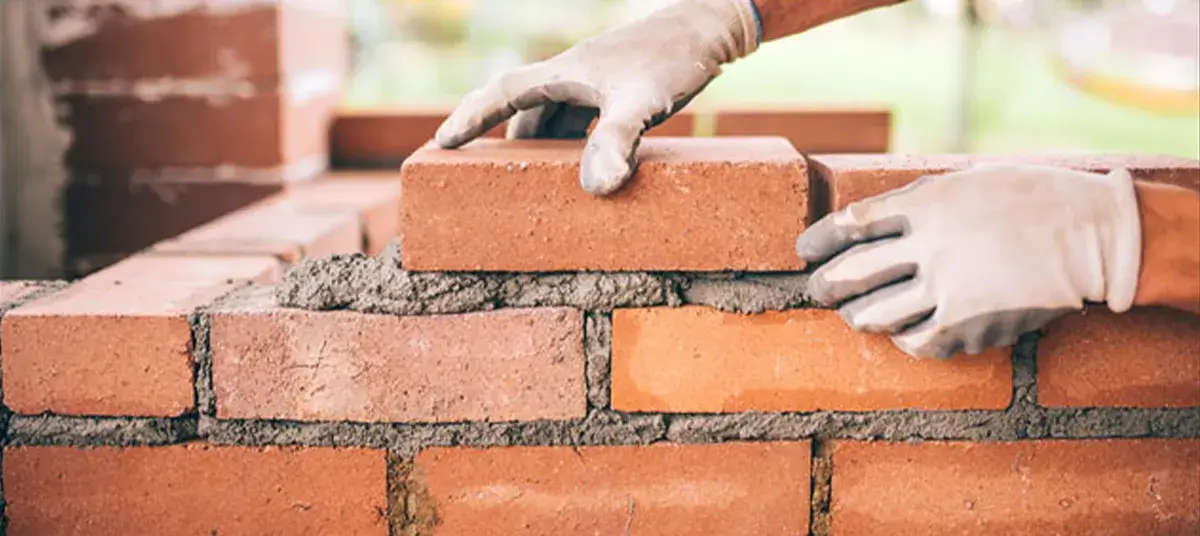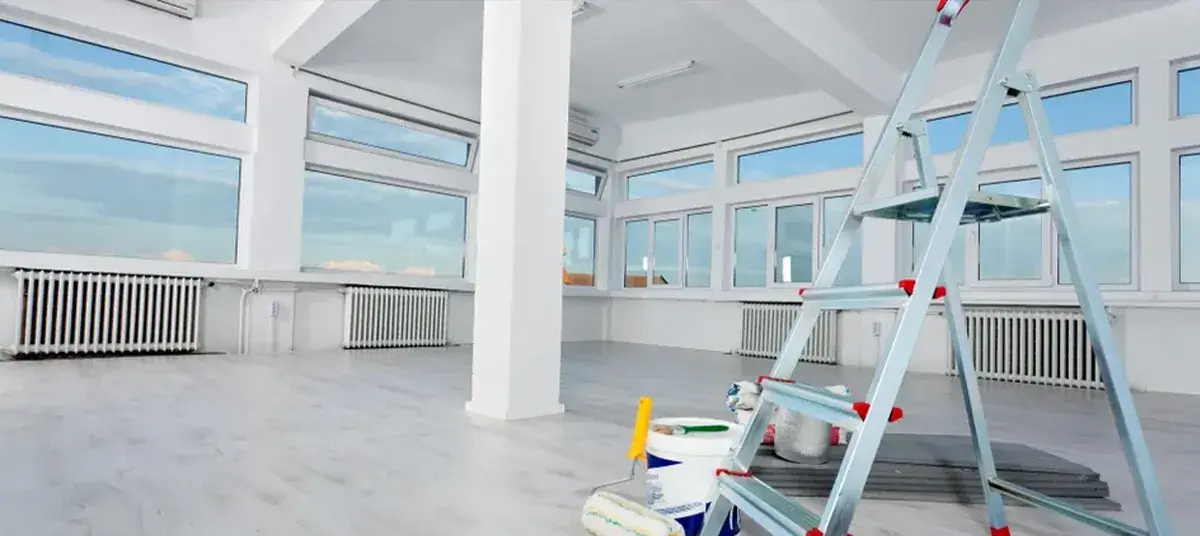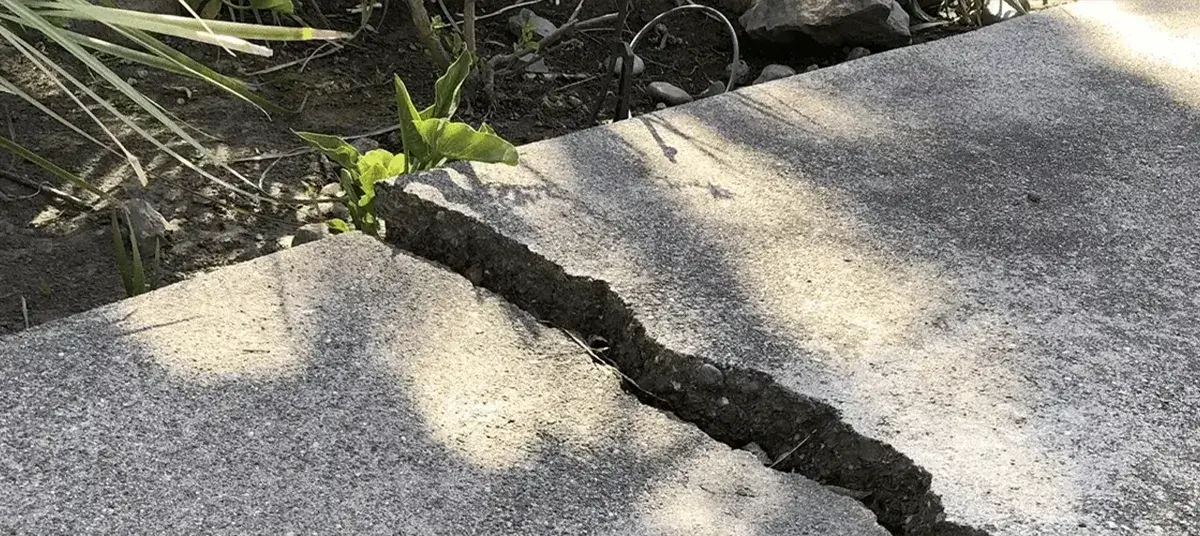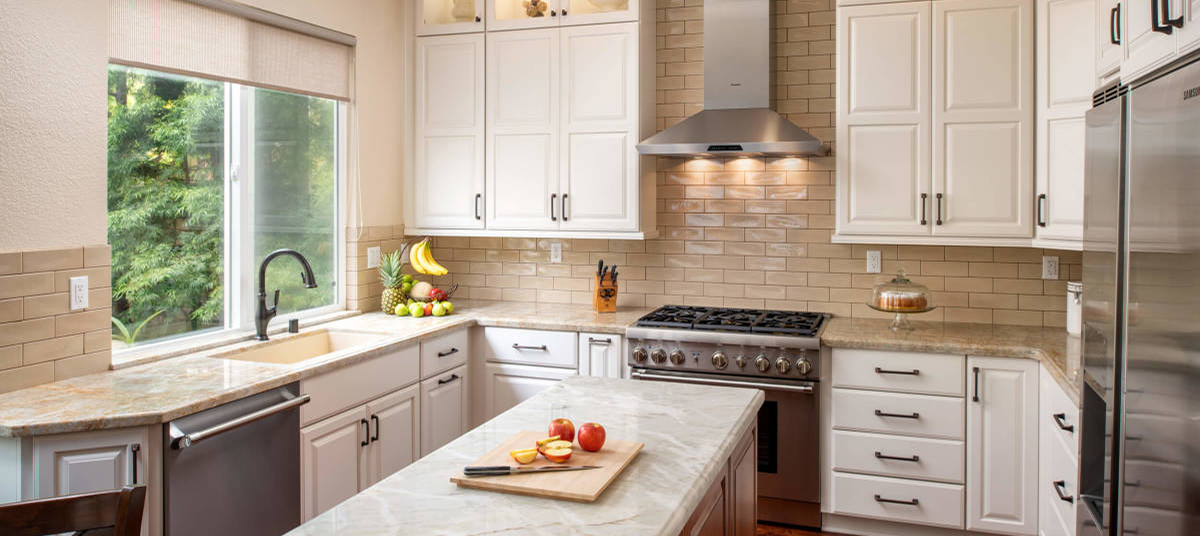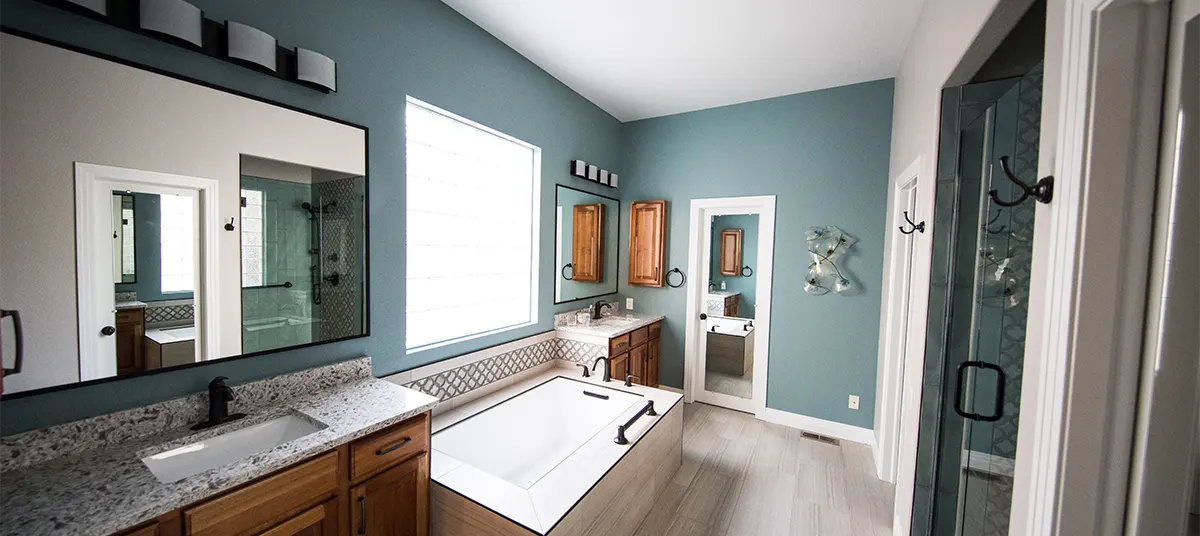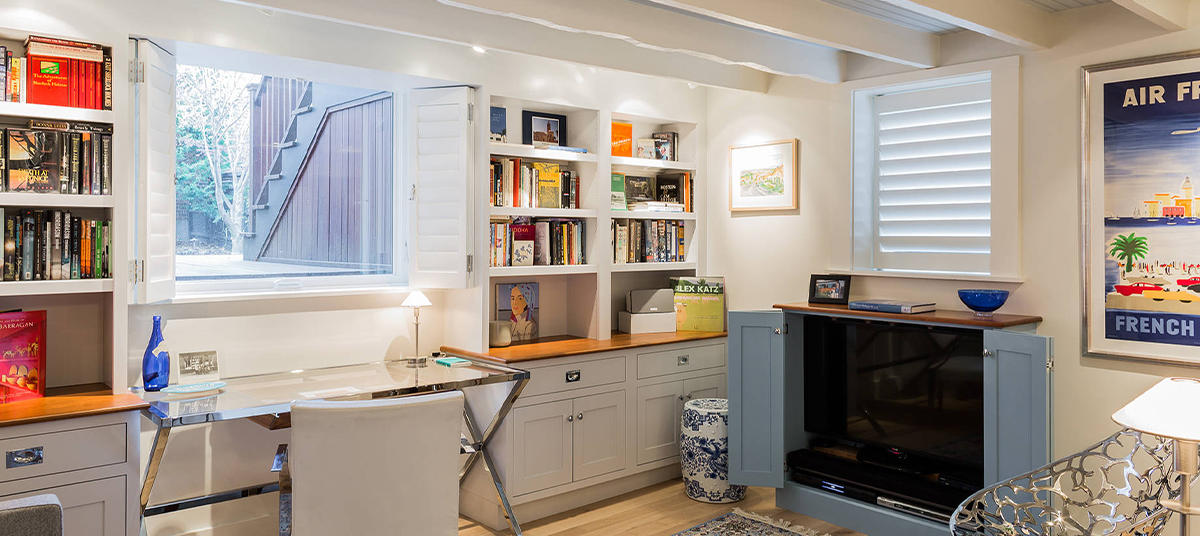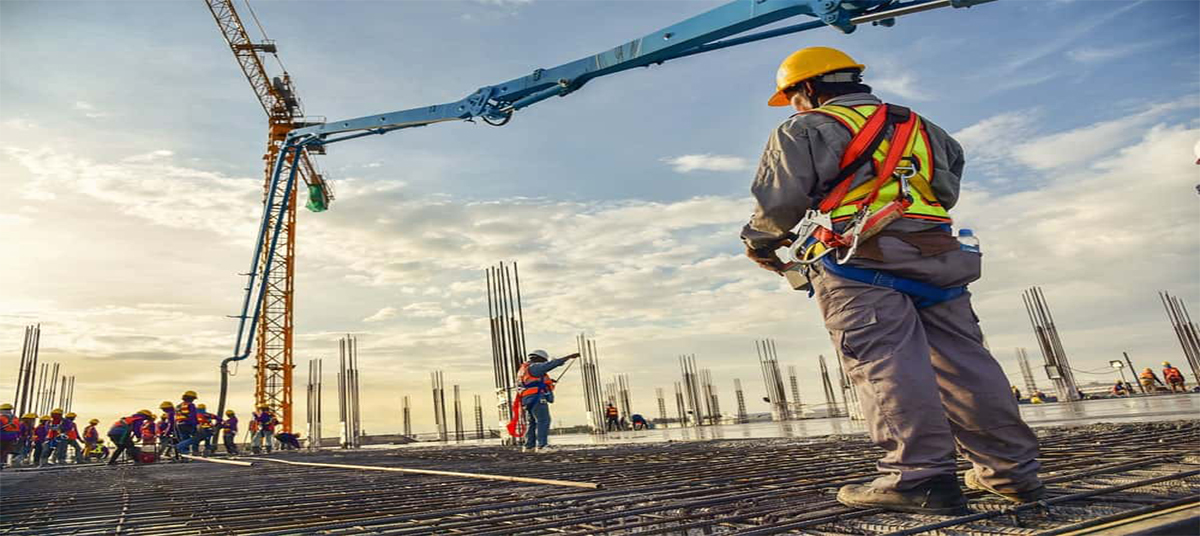Why Should Parapet Wall Replacement Be a Priority for Buildings?
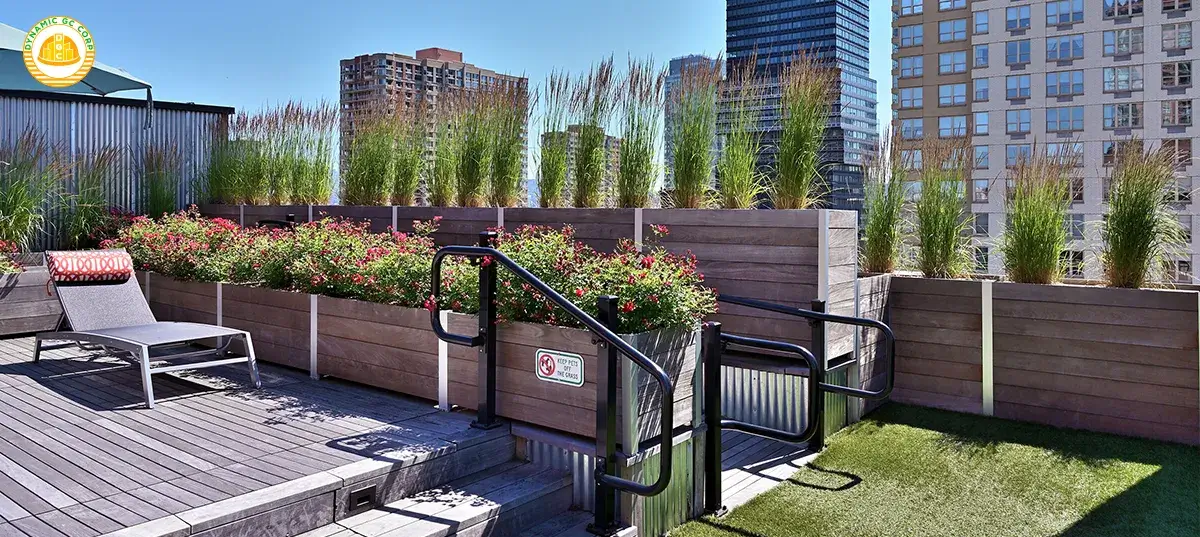
Parapet walls are an essential component of buildings, providing a protective barrier between the roof and the edge of the building. However, these walls can become damaged, deteriorated, or weakened over time, which can pose a serious safety hazard to the occupants of the building and passersby below. In this article, we will examine the safety concerns associated with damaged parapet walls, the benefits of parapet walls, impact on the building's structural integrity, the importance of compliance with building codes, and the effect on property value.
Benefits of Parapet Wall Replacement
Here are some benefits of parapet wall replacement.
- A new parapet wall can provide improved structural support to the roof, which can help to prevent collapse and improve overall stability.
- A deteriorating parapet wall can be a safety hazard, as loose bricks or stones can fall and cause injury or damage. Replacement can ensure that the wall is structurally sound and safe for occupants.
- A well-maintained and safe building is more attractive to potential buyers or tenants, which can increase property value.
- A new parapet wall can prevent moisture from entering the building, which can help to prevent mold, mildew, and other water-related damage.
- A new parapet wall can improve the appearance of the building, which can enhance curb appeal and make the property more attractive to potential buyers or tenants.
Structural Integrity
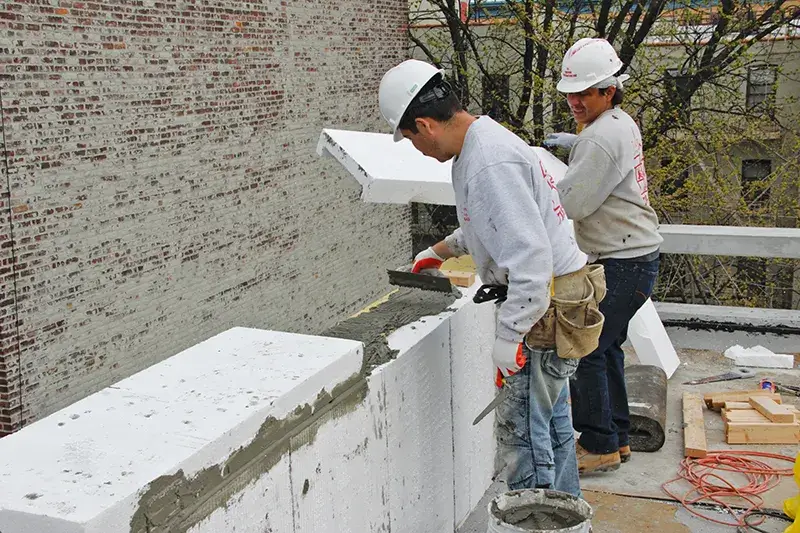
The structural integrity of a building is essential for its long-term viability and safety. Parapet walls play a crucial role in maintaining the structural integrity of a building by providing support and stability to the roof and the entire building. A weakened parapet wall can cause the roof to sag or shift, leading to cracks in the walls or foundation of the building. This can result in water damage, mold growth, and other structural issues that can be costly to repair. A damaged parapet wall can also allow water to penetrate the building envelope, leading to moisture-related problems like rot, mold, and decay. These issues can weaken the structural components of the building and compromise its stability over time.
Building Code
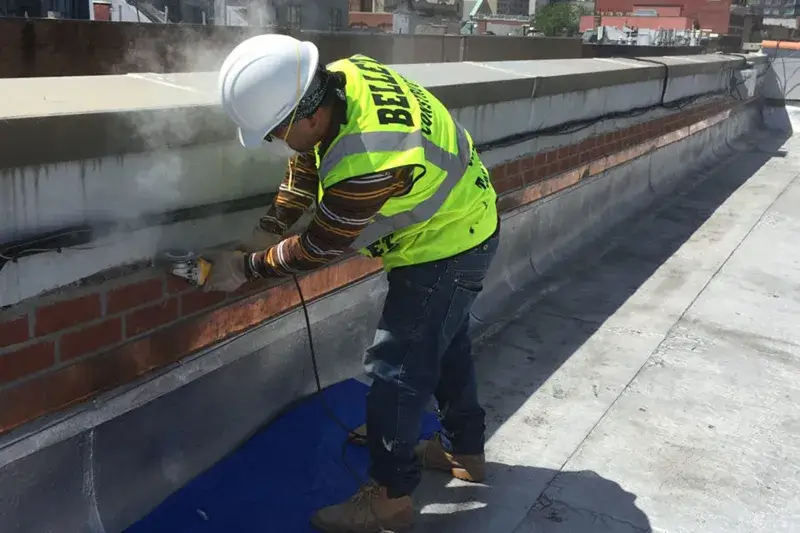
Building codes and regulations are implemented to ensure that buildings are constructed and maintained safely and structurally soundly. Many building codes have specific requirements for the condition and safety of parapet walls. For example, the International Building Code (IBC) requires that parapet walls be a minimum of 30 inches in height, constructed of materials that meet certain fire-resistance ratings and be designed to resist wind loads and other environmental factors. The IBC also requires that parapet walls be maintained in good condition, free from cracks, deterioration, or other damage that could compromise their structural integrity. Failure to comply with building codes and regulations can result in fines, legal action, or even the closure of the building until the necessary repairs are made. It is, therefore, critical for building owners and managers to prioritize the replacement of damaged parapet walls to ensure compliance with building codes and regulations.
Safety Concern
The safety concerns associated with damaged or deteriorated parapet walls in buildings cannot be overstated. A parapet wall that is in poor condition can collapse without warning, causing serious injury or even death to anyone nearby. This is particularly true for buildings located in high-traffic areas where there are many people passing by. In addition to the risk of collapse, a damaged or weakened parapet wall can lead to falling debris, which can cause injury or damage to property. This is especially dangerous in areas where the building is adjacent to sidewalks or roadways. Furthermore, a damaged parapet wall can compromise the structural integrity of the entire building, potentially leading to more severe safety concerns. For example, a weakened parapet wall can allow water to penetrate the building envelope, leading to mold growth, structural damage, and other health and safety hazards.
Property Value
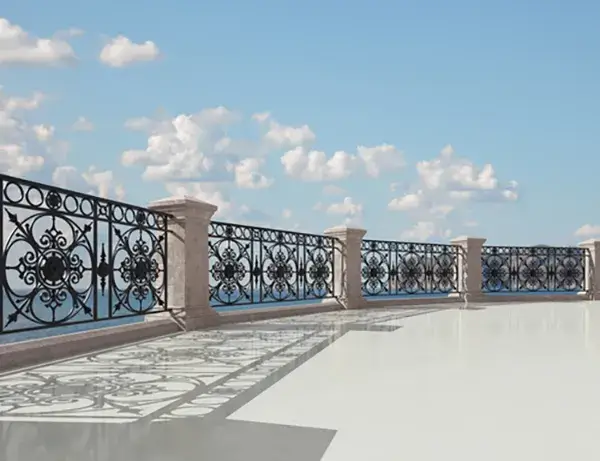
The condition of a building's parapet wall can significantly impact its property value. A damaged or deteriorated parapet wall can make a building less attractive to potential buyers or tenants, who may hesitate to invest in a property with known safety or structural issues. Furthermore, building codes and regulations require that parapet walls be maintained properly. If a building's parapet wall is not up to code, selling or renting the property may be difficult until the necessary repairs are made. In addition to the impact on marketability, repairing or replacing a damaged parapet wall can be significant, potentially reducing the property's overall value. Therefore, it is important for building owners and managers to prioritize the replacement of damaged parapet walls to help maintain the value of their property.
Conclusion
In conclusion, parapet wall replacement should be a priority for buildings due to the significant safety concerns, impact on structural integrity, importance of compliance with building codes, and effect on property value. By prioritizing parapet wall replacement, building owners and managers can protect the safety of occupants and passersby, ensure the long-term viability of the building, and maintain or increase its value over time.
If you're concerned about the condition of your parapet wall or would like to explore parapet wall replacement options for your building, contact Dynamic GC Corp today. Our team of experts can thoroughly inspect and evaluate your existing wall and develop a comprehensive replacement plan.




